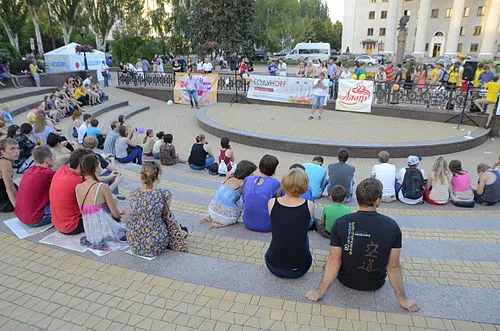
Filseta: A Deep Dive into the Ethiopian and Eritrean Orthodox Tewahedo Church
The Ethiopian and Eritrean Orthodox Tewahedo Church is a prominent branch of Oriental Orthodox Christianity, known for its rich religious heritage and unique practices. One of the significant elements of their liturgical calendar is Filseta, which plays an essential role in the spiritual celebrations of these communities.
What is Filseta?
Filseta, also known as the "Feast of the Cross," is a major religious festival celebrated in the Ethiopian and Eritrean Orthodox Tewahedo Churches. It commemorates the discovery of the True Cross by Saint Helena in the 4th century. The festival typically occurs in the month of Meskerem, aligning with September in the Gregorian calendar.
The Importance of the Cross in Tewahedo Tradition
The cross holds immense significance in the Tewahedo tradition, symbolizing not just the crucifixion of Jesus Christ, but also hope, salvation, and the triumph of good over evil. During Filseta, the faithful focus on the teachings of the cross, reflecting on its role in their faith and daily lives.
Celebration and Rituals of Filseta
Filseta is marked by various rituals and customs that create a vibrant atmosphere filled with devotion and joy. The celebration involves the following key aspects:
- Prayer and Fasting: Leading up to the feast, believers engage in fasting and prayer, seeking to purify their hearts and souls.
- Church Services: On the day of Filseta, congregations gather in churches for special services. These services generally include the reading of scriptures, hymns, and sermons that emphasize the significance of the cross.
- Processions: Colorful processions take place, featuring the cross, icons, and the clergy. Participants often wear traditional attire, adding to the festive spirit of the occasion.
- Community Feasting: Filseta culminates in communal meals where families and friends come together to celebrate. Traditional dishes are prepared, signifying the joyous nature of the feast.
Significance of Filseta in the Community
Filseta is more than just a religious observance; it is a profound moment of unity and community for the Ethiopian and Eritrean Orthodox faithful. This festival promotes cultural traditions and strengthens communal bonds, as families celebrate their shared beliefs.
Modern Challenges and Preservation of Traditions
In the face of modernity, the Ethiopian and Eritrean Orthodox Tewahedo Church has seen challenges in preserving its ancient traditions, including the celebration of Filseta. Among younger generations, there is a growing concern that these practices may dwindle over time. However, churches are increasingly focused on engaging the youth through educational programs and cultural events to ensure the legacy of Filseta continues to thrive.
Conclusion
Filseta is more than just a feast; it is a celebration of faith, community, and cultural heritage within the Ethiopian and Eritrean Orthodox Tewahedo Church. Through its rich rituals, meaningful teachings, and the significance of the cross, Filseta reinforces the spiritual lives of its believers while fostering unity among them. As we appreciate the depth of this beautiful tradition, it becomes evident that festivals like Filseta are vital in connecting past beliefs to the present and ensuring they endure for generations to come.






